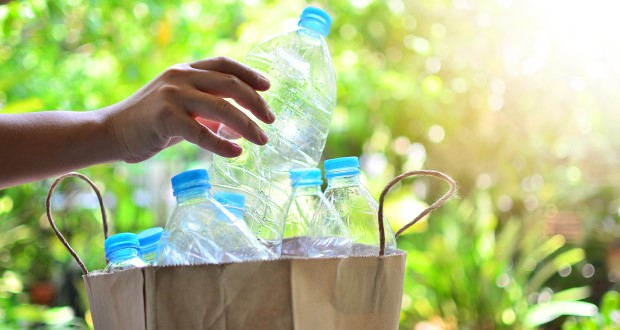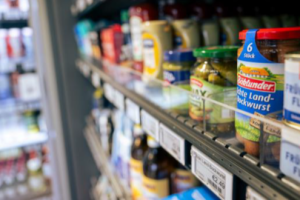The survey of over 1,000 UK business decision makers (of which 84 are from the retail industry) conducted by the YouGov analysis institute, explored attitudes towards, and engagements with, the circular economy.
Results reveal that almost two-thirds (63%) of retail businesses surveyed have an established sustainability strategy, with larger businesses the most committed.
Nine in 10 (88%) retail business decision makers surveyed opined that waste management and recycling are important in preventing climate change. Key metrics for measuring sustainability efforts for surveyed retail businesses include a reduction in general waste (58%), increased recycling volume (47%), and a reduction in carbon emissions (43%).
In order to achieve sustainability goals, the journey towards a circular economy must be clearly defined. Retail businesses surveyed identify the need for support for financial incentives (42%), clearer legislation (36%), incentivised partnerships (25%), and reduced regulation (26%).
While most retail businesses surveyed are aware of sustainability and committed to it, 63% of decision makers in this sector that Biffa spoke to consider sustainability to be their least important priority.
This is compared to cost efficiency (92%), revenue growth and brand strength (88%), and data and reporting (82%). Moreover, evidence indicating primary barriers hindering retail businesses surveyed include sustainability cost (48%), competing business priorities (30%), and lack of infrastructure (29%).
Roger Wright, waste strategy & packaging manager at Biffa, said: “We’re pleased to see the UK retail businesses surveyed are going through a noticeable change, with a growing focus on protecting the environment and tackling climate change.
“Small businesses, in particular, are leading this shift by adopting metrics like increase in recycling volume and reduction of general waste.
“The early adopters already recognise the importance of environmentally friendly practices and also see a great opportunity to meet consumers’ increasing demand for sustainable options by providing them with innovative sustainable solutions. For instance, supermarkets providing eco-friendly food packaging choices.
“Biffa, in collaboration with Zellar offers valuable assistance by equipping its customers with user-friendly tools to tackle significant obstacles, simplifying the process of adopting sustainable business practices and making it more economically viable”.
 Talking Retail Grocery and product news for independent retailers
Talking Retail Grocery and product news for independent retailers






